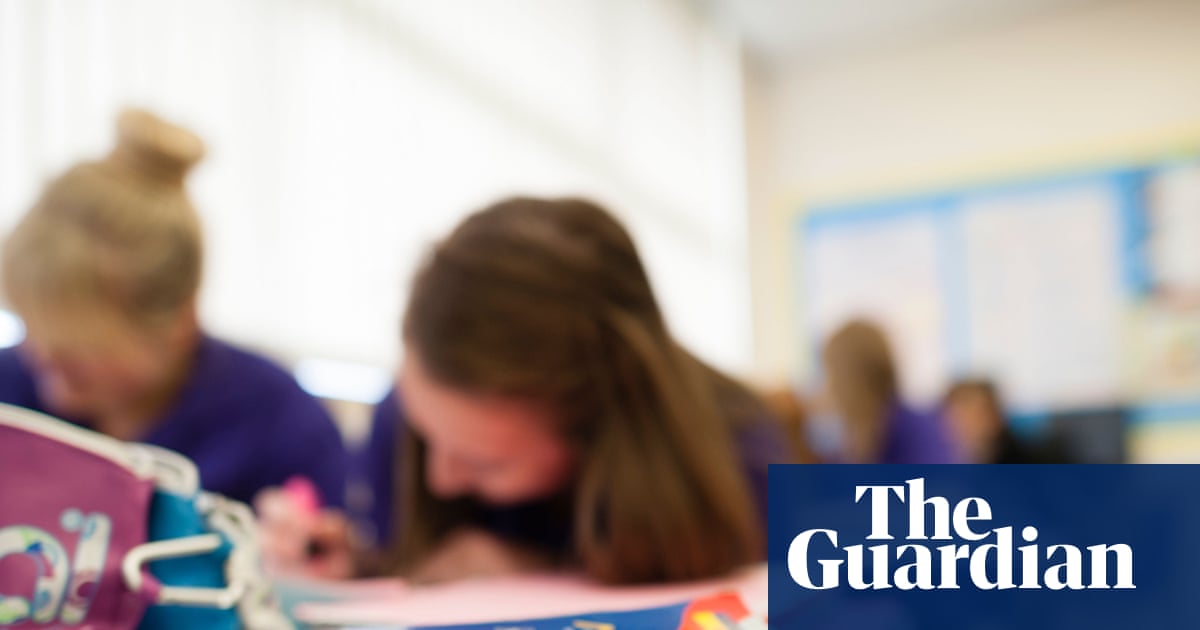Secondary school pupils from low-income families are “bounced out” of studying subjects such as geography and languages because of fears about extra costs, according to a survey of children in England.
Nearly a quarter (23%) of those surveyed who were in receipt of free school meals (FSM) said the cost – or worries about the cost – prevented them from choosing certain GCSE subjects, compared with just 9% of non-FSM pupils.
Costs associated with geography field trips and modern foreign language visits make it difficult for the most disadvantaged students to pursue these subjects.
Other subjects with additional costs include music, because of instrument lessons, food and nutrition, which requires ingredients, and PE, due to the extra kit and equipment required.
Almost a third (30%) of FSM students said their families already struggle to afford the basics they need for homework, including access to technology and devices.
The survey of more than 1,000 students, which was conducted by Survation for the Child Poverty Action Group (CPAG), revealed stark differences between pupils on FSM and their non-FSM peers.
Secondary pupils on FSM are nearly twice as likely as their better-off peers to say their family’s income makes it harder for them to learn at school (15% v 8%). They are also more likely to say it is difficult to afford pens and pencils (14% v 8%).
Of those children in receipt of FSM, a third (34%) said it is difficult to afford school trips and a fifth (21%) struggle to pay for clubs, while more than a quarter (27%) said it is difficult to afford musical instruments or instrument tuition
CPAG’s head of education policy, Kate Anstey, said: “Children in struggling families are going back to school only to be bounced out of some subjects and learning by costs – cut off from opportunities just as the foundations of their futures are being laid.
“The prime minister has promised to leave ‘no stone unturned to give every child the very best start at life’ but actions are needed to match that objective. Government’s forthcoming child poverty strategy must invest in family incomes and children’s life chances – and scrapping the two-child limit must be the first action point.”
It costs parents of secondary schoolchildren a minimum of £2,275 a year to send a child to school, according to earlier CPAG research, of which £450 goes on learning materials including stationery, revision guides and calculators.
Labour’s flagship child poverty strategy was originally due to be published in the spring, but was delayed amid continuing debate about the cost implications of ending the two-child benefit cap.
The cap, which limits parents to claiming many means-tested benefits for their first two children, apart from in very limited circumstances, was introduced under the Conservatives. Experts say scrapping it would be the single most effective way of reducing child poverty.
A Department for Education spokesperson said: “We are absolutely clear that schools should make sure the cost of curriculum subjects is not a barrier to access and that materials necessary for examinations are provided to all pupils.
“More widely, we are putting pounds back in parents’ pockets by limiting the number of branded uniform items, expanding free school meals to every family on universal credit and rolling out free breakfast clubs across the country.”

